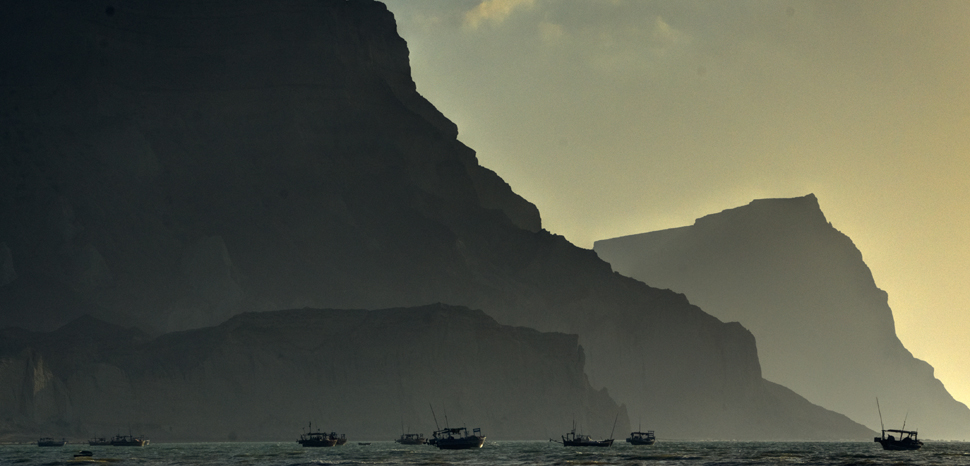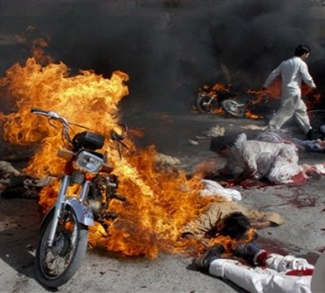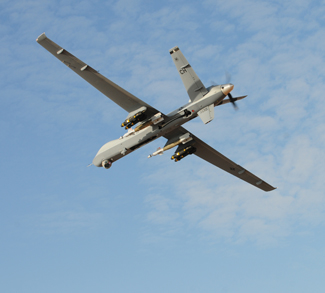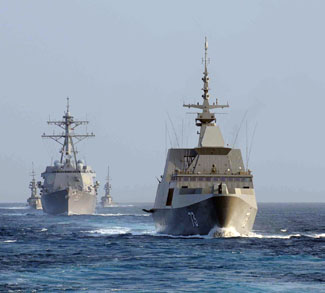The government of Pakistan has been dealing with animosity among the tribes of Balochistan since the time the country came into existence in 1947. The causes of the conflict with Balochistan include a strong ethnic nationalism along with feelings of economic and political exclusion. Demographically, though it constitutes a mere 3.6 percent of the total population of Pakistan, the region is strategically extremely important to the country because of the high concentration of natural resources there, including gas, oil, copper, and gold. However, despite this wealth in natural resources, Balochistan remains the poorest province in Pakistan. In addition, following the capture of Kalat on April 1, 1948, cases of military atrocities have been a recurrent occurrence in the province. Ill treatment by officials in the region have included torture, arbitrary arrests, executions, and acts of indiscriminate violence. As a result, the people of Balochistan have developed a sense of separate identity on account of a shared history, language, and other cultural aspects. This shared culture among the Balochs led to the ripening of a strong sense of nationalism that pushed for greater political autonomy and even a separate state for Balochistan.
History of the insurgency
Balochistan is one of the four provinces of Pakistan, located in the southwestern part of the country. Its provincial capital and largest city is Quetta. In common with the other provinces of Pakistan, Balochistan has a parliamentary form of government. The ceremonial head of the province is the governor who is appointed by the president of Pakistan on the advice of the provincial chief minister. The chief minister, the province’s chief executive, is normally the leader of the largest political party or alliance of parties in the provincial assembly. The unicameral Provincial Assembly of Balochistan comprises 65 seats, of which 11 are reserved for women and 3 reserved for non-Muslims. The judicial branch of government is represented by the Balochistan High Court, which is based in Quetta and headed by a chief justice.
In Pakistan’s Balochistan province, insurgencies by Baloch nationalists have been fought in 1948, 1958-59, 1962-63, and 1973-77, with an ongoing and reportedly stronger and broader insurgency beginning in 2003. Baloch separatists allege that the central government of Pakistan is systematically suppressing development in Balochistan to keep the Balochs weak, while their opponents argue that international business interests have been unwilling to invest in the region due to continuing unrest. The five major insurgencies are as follows: the first occurred in 1948, when the military invaded Kalat and Yar Khan, the ruler of Kalat, signed a treaty of accession, submitting the federal government. At the time, Yar Khan’s younger brothers, Princes Agha Abdul Karim Baloch and Muhammad Rahim, refused to lay down arms and in the coming years continued unconventional attacks against the army until 1950. The second conflict took place from 1958 to 1959 against the “One Unit” policy, which decreased regional representation in government. This guerilla war was fought by Nawab Nauroz Khan and his followers and they were arrested, charged with treason, and subsequently executed on the charges. Subsequently, tension continued to grow amid near constant political disorder and instability at the federal level. Further, Sher Muhammad Bijrani Marri led like-minded militants into guerilla warfare from 1963 to 1969 by creating their own insurgent base. This insurgency ended in 1969, with the Baloch separatists agreeing to a ceasefire. In 1970, Pakistani President Yahya Khan abolished the “One Unit” policy, which led to the recognition of Balochistan as the fourth province of West Pakistan. In the fourth conflict (1973), the Pakistani military lost 300 to 400 soldiers while a large number of Baloch militants and civilians were also killed. The current conflict started in 2004 with an insurgent attack on Gwadar port; its stated demands include greater control of the province’s resources and a moratorium on the construction of military bases in the area. In this context, Pakistan has accused India, and occasionally the US, of supporting Baloch rebels




